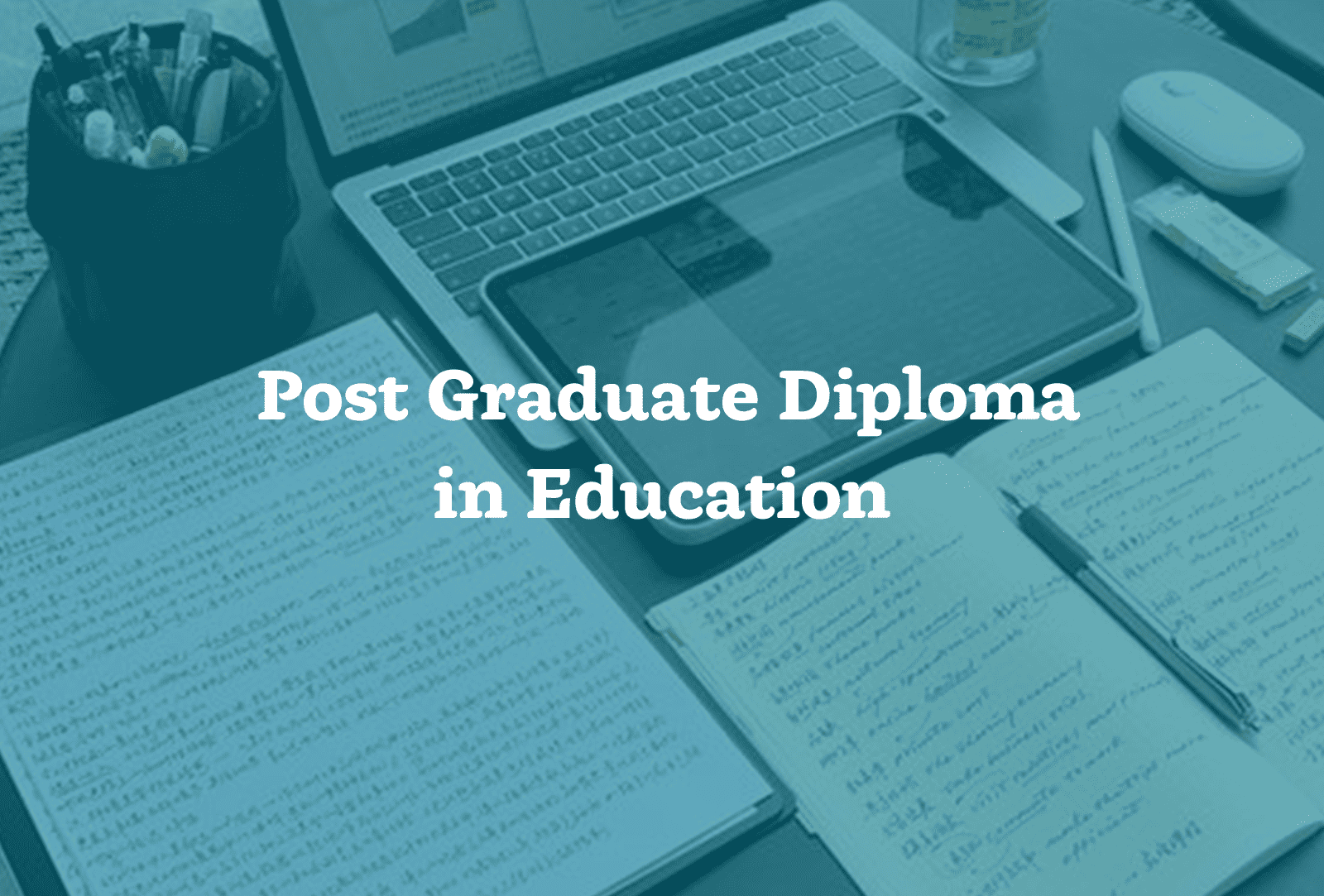Post Graduate Diploma in Education
Duration: 1 Year
Start Date:
Cost: KES 110,000 per year
The Post Graduate Diploma in Education (PGDE) offers a flexible and high-quality education tailored for aspiring educators. The programme's goal is to equip learners with knowledge, skills and competencies for effective teaching and educational management. Expected outcomes include proficiency in teaching strategies, designing learning activities for 21st-century skills and applying professional standards and values. The PGDE is aligned with the Competency-Based Curriculum reforms aiming to produce educators and managers who support these educational changes.
Career Prospects
Graduates are well-prepared for roles as:
A candidate must satisfy the general University admission criteria for undergraduate programmes.

Kindly ask for a return call from our proficient OUK course consultants to have your inquiries addressed.
Credit Accumulation
Regulations on credit accumulation, including possible pathways, shall be in line with the provisions of Universities Regulations, Universities Standards and Guidelines, and general national trends.
Credit Transfer
A candidate may be allowed to transfer credits from part or all of the coursework requirements if the senate is satisfied that the candidate has completed and passed the prescribed courses(s) at the undergraduate level from accredited institutions and programs recognized by the senate. Any course considered for credit transfer must have been completed at an equivalent level and in an equivalent institution, with a minimum grade of 50%.
Guidelines For Transfer Of Credit/ Exemptions
A candidate may be exempted from degree level courses if the Senate is satisfied that the candidate has completed a similar course at the Diploma level from a recognized institution. The general rules governing credit transfers and exemptions will apply. In addition, the following rules apply:
Student Assessment at programme level
The course will be assessed through:
The projects will be assessed through e- portfolios. Students will present their work to an evaluation panel. All students’ work will be checked for plagiarism. The students should be logged in with the university provided login details in order to carry out any task.
Countinous Assessment
Tests/Tasks: 50%
Examination 50%